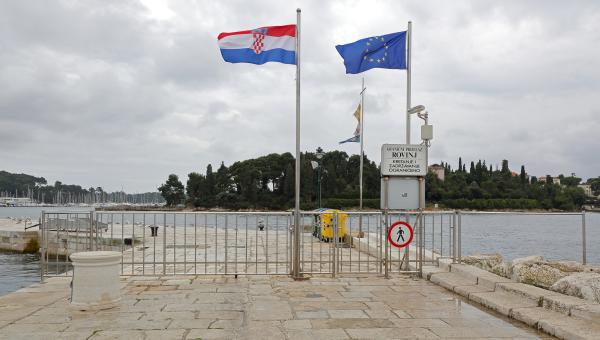Research Criminal Law
Crime research is intrinsically practice-oriented. The Department focuses on substantive criminal law and criminal procedure, on understanding criminal phenomena and their effects on society and on victims, as well as on the management of crime.
This research is conducted in close cooperation with other scientific disciplines and social partners, such as municipalities and the police.
Our research program
Our research program Crime and Criminal Justice in the Age of Globalization and Digitalization focuses on ‘subversive crime’ that undermines societies worldwide. Today’s ever-changing and globalizing societies are faced with new forms of crime that undermine democratic values, the rule of law and the functioning of societal institutions and bodies. Modern technology generates new forms of criminality. In this era of globalization and digitalization, new approaches to combat crime are needed and explored. The changes to crime, how these materialize and the responses to them are studied in this research program.
The overarching aim of the program is to identify, evaluate and develop legal avenues that address challenges to crime and criminal Justice in the age of globalization and digitalization. In order to achieve this, the Signature Plan incorporates multiple perspectives and focuses on five distinct, but interrelated subthemes.
- Conceptualization of crime ‘undermining’ the rule of law and security in the current societal context: manifestations, context and causes;
- A critical engagement with legal and regulatory avenues utilized to cope with challenges to the rule of law and security;
- Beyond the role of the state: Multi-level governance in dealing with crime and behavior undermining the rule of law and human security;
- Emerging technologies and digitalization as a challenge and solution to crime and behavior undermining the rule of law and security; and
- Global criminal justice at the domestic level.
Our Projects
-

Migration and crime at the EU borders in Croatia
How do migration and crime relate to one another in the context of clandestine mobility-gatekeeping across external EU borders in Croatia? This project analyzes and compares differing perceptions around the crime-migration nexus.
More information -

Program subversion De Langstraat
This program focuses on undermining issues facing small and medium-sized (rural) municipalities, such as dumping drug waste, problems around vacation parks, the willingness of citizens living in rural areas to report signs of undermining crime, and the resilience of municipal councils, local governments and civil service organizations to criminal influence.
More information -

Roaming mobile gangs in the EU
The IMOBEX project focuses on itinerant mobile gangs in the EU and more specifically on how to deal with members of such gangs who are victims of criminal exploitation.
More information -

Families in organized crime
Family structures play an important role within criminal networks and intergenerational transmission of criminal and nuisance behavior is a structural problem within such families.
More information



